Slips and falls are among the most common causes of back and neck sprain and injury that I see each year. Falls of one type or another injure about a quarter-million seniors every year.Falls in the bathroom can cause serious back and neck injuries, and result in fractures, severe sprains, and even death. We all know we need to be careful getting in and out of the tub, to be careful in the shower, yet I get a call about once every month from a patient that needs to be seen because they fell in the shower. If we all know better, why are falls in the bath or shower so common? |
Details
AuthorI'm Dr. Rob McLain. I've been taking care of back and neck pain patients for more than 30 years. I'm a spine surgeon. But one of my most important jobs is... Archives
January 2024
Categories |
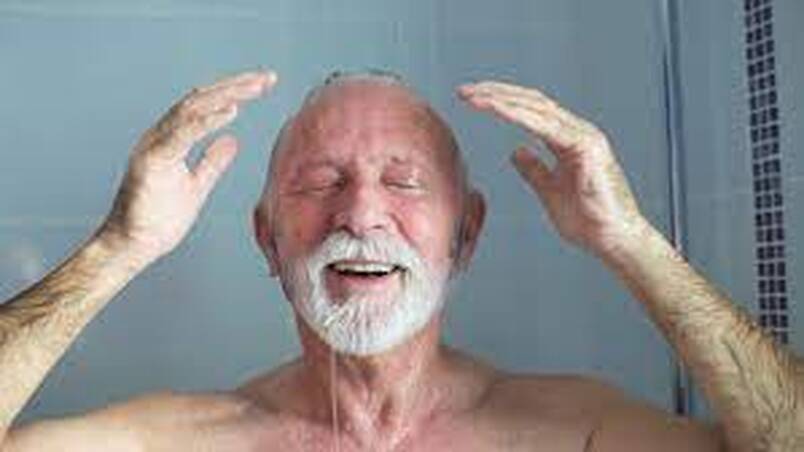
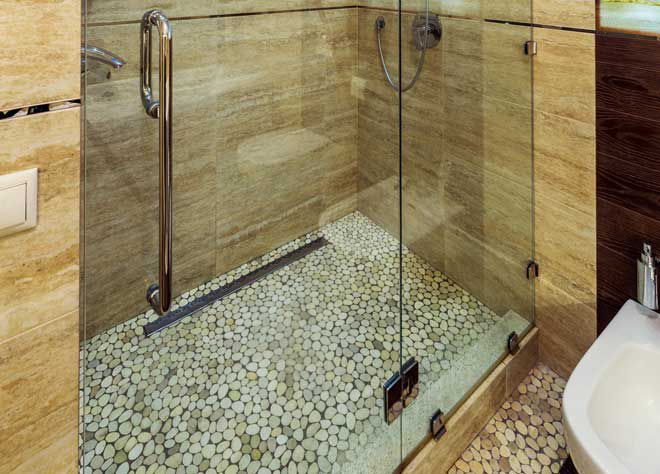
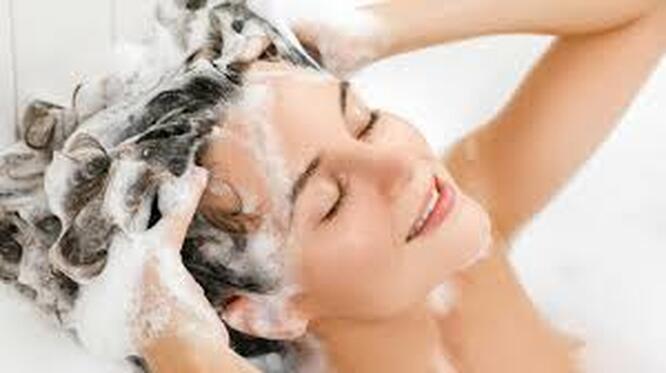
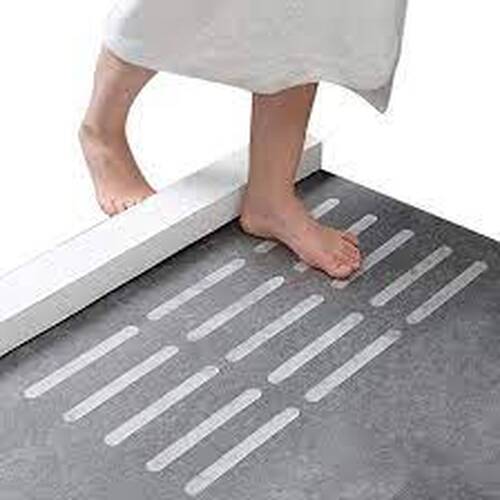
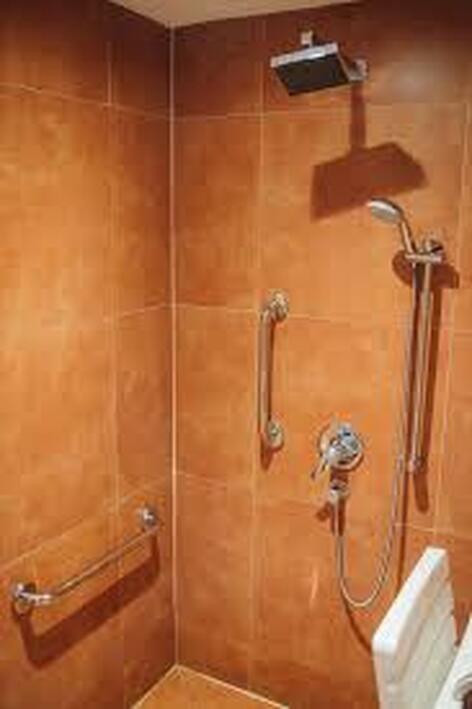
 RSS Feed
RSS Feed